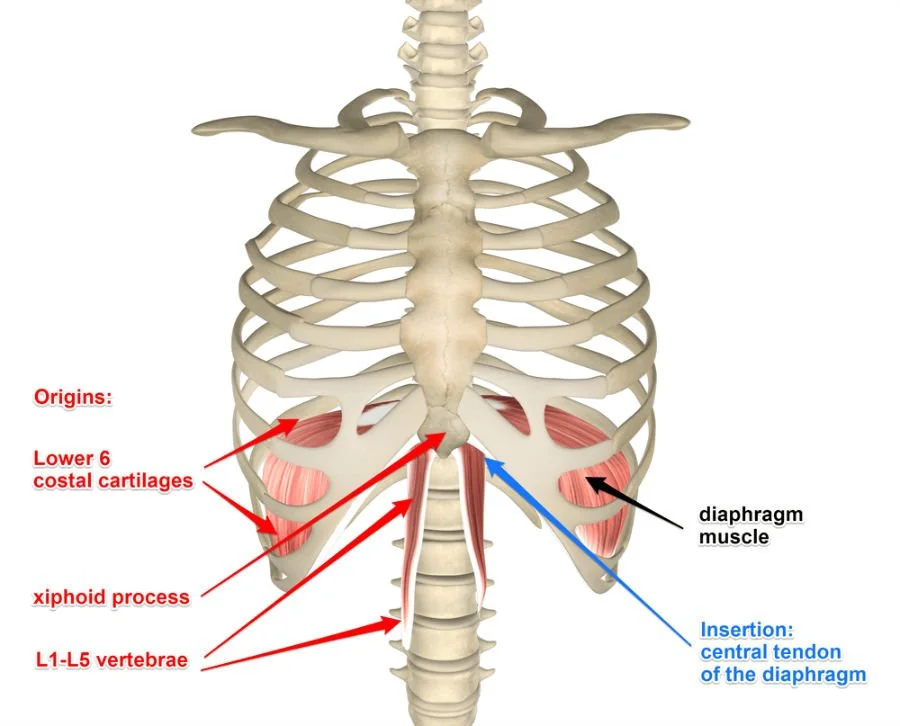Gratitude - Without the Homework
For me, gratitude isn’t a list or a command. It’s not something I can force myself to feel or prove by writing it down. Gratitude, to me, is more like a quiet relationship between body, breath, and being — a conversation that unfolds when I slow down enough to listen.
Maybe my complicated feelings about gratitude began with how differently it’s defined.
The dictionary calls it “the quality of being thankful; a readiness to show appreciation for and to return kindness.” Even in that simple phrasing, there’s an expectation — a “readiness to show.” Gratitude becomes something to display, not something to live.
The biblical framing takes it further: “Give thanks in all circumstances.” It’s meant to be comforting, I know, but for me it sometimes feels like pressure to be cheerful in the face of pain.
Psychology, on the other hand, describes gratitude as a positive emotion tied to appreciation, humility, and wonder. Helpful, yes — but even that can sound like something to achieve, another benchmark for emotional health.
So with all those meanings swirling around, it’s no wonder the word gratitude feels heavy. It’s been moralized, measured, prescribed — and somewhere in that, the softness of it got lost.
I’ve often felt a little put off when a yoga teacher says, “Take a moment to thank your body for showing up today.” It’s not that I don’t appreciate my body; it’s that sometimes, showing up feels like the bare minimum I can manage. Being told to be grateful for it feels like missing the point.
The same goes for the gratitude list. You know the one — make your list every night before bed. Three things, five things, maybe ten if you’re really serious about enlightenment. But here’s the thing: I’m already grateful. Making that list won’t make me more moral, or angelic, or spiritually efficient. It might just make me sleepy a little faster.
And yet — here comes the anxiety.
That quiet, creeping thought: If I don’t make the list, does that mean I’m not a grateful soul?
Am I missing some cosmic checkbox? Have I failed Gratitude 101? Maybe I’m a loveless human who doesn’t appreciate her blessings.
That inner voice can be relentless — the same one that whispers, you should be grateful, as if the simple act of being human requires constant proof. For me, the word gratitude itself got tangled in that tone — the scolding one, the moral one, the “other people are suffering so you should be thankful” one. Somewhere along the way, it stopped feeling like grace and started sounding like guilt.
It’s almost as if, unless I perform it — unless I write the list or say the words — my quiet, steady gratitude doesn’t count. That if I don’t express it visibly, I must be selfish or heartless. But what if that’s all backwards?
What if we simply assumed that people are grateful?
That beneath the noise and the shoulds, gratitude is already there — because we are heartful creatures. Being alive, even in our most tangled moments, means we are still connected to wonder, still wired for care, still part of something good.
It’s not that I’m against lists. They can be sweet reminders of what sustains us. But for me, gratitude isn’t about documenting goodness; it’s about feeling it — the body softening, the breath deepening, the heart remembering its rhythm.
Sometimes, I think we take gratitude so seriously that it loses its spark. Gratitude shouldn’t feel like homework; it should feel like relief. Like the small laugh that escapes when you realize the thing you were chasing is already here.
I’ve learned that which definition of gratitude I resonate with depends on my own lived experience — and maybe even my soul’s experience. When life has held betrayal, loss, or instability, gratitude can feel unsafe or foreign. If I was taught that love must be earned, gratitude might carry the same weight — something to prove rather than something to feel. And for me, there’s a sense that even ancestral or energetic memory can shape how I approach thankfulness today.
In that light, gratitude isn’t a single emotion or moral duty. It’s an evolving relationship between history and my capacity to receive life as it is. Each time I soften, notice, or allow a moment of goodness to land — even briefly — the pattern shifts. That is gratitude.
And while I might not always show it or write it down, I know it lives quietly inside me. I feel it when I breathe more deeply, when I look at the sky, when I hear laughter. I feel it in others too — in kindness offered without fanfare, in the way someone listens or simply shows up.
I know others are grateful as well.
I know you hold gratitude within you — not as something to search for or prove, but as something that simply is. For me, it moves like a soft hum beneath everything — steady, alive, and present — and because I can feel it in me, I trust it exists in you too. Gratitude doesn’t always need to be spoken or shown. Sometimes it’s just there, woven into our being, reminding us that we’re connected — that being present with each other, in kindness and support, is enough.
For me, the list is fine — but the moment is better. The breath that feels like enough. The sip of tea that tastes like peace. The laugh that sneaks in when I stop trying to be good at gratitude. I may not always express it perfectly, but I know that truth lies within — within others, and within you.
May you notice the quiet ways gratitude already lives within you.




